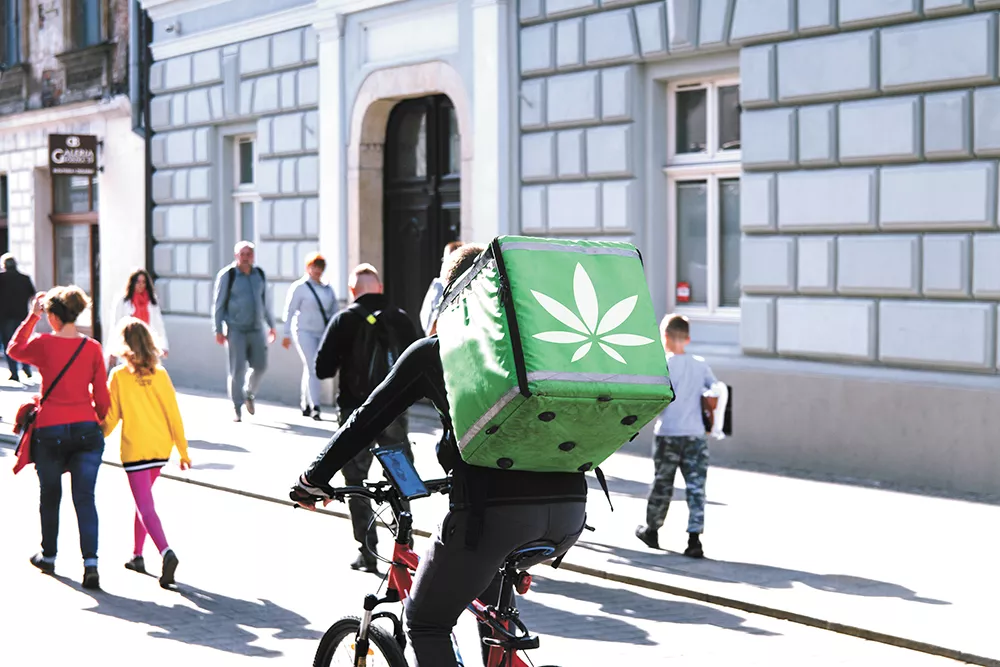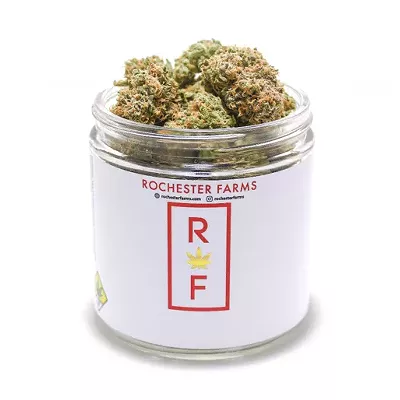In the state of Washington, if you want weed, you're going to have to get it yourself.
Last week the Washington State Liquor and Cannabis Board sent out a bulletin stating, in no uncertain terms, that retail marijuana delivery is illegal. This isn't new. It's always been illegal. That hasn't stopped people from trying to make it happen regardless of its illegality, though.
"Some companies claim to have found a way around the delivery prohibition," the bulletin states, "but to date there is no legal method for commercial delivery of cannabis from a retailer to consumer off premises."
One company making that claim is Pelican Delivers, which has found its way into the LCB's crosshairs after a few months of publicly attempting to exploit a potential loophole in the law. The company is applying an UberEats-style approach to marijuana delivery, complete with a patented app and all.
The confusion about the legal status of marijuana delivery stems from one sentence in RCW 69.50.4013, which states that delivery by a person of legal age to another of legal age is not illegal if it meets very specific criteria. Most importantly, it needs to be for noncommercial purposes and done without financial consideration.
What does that mean? Essentially, money and marijuana delivery can't mix. All that sentence really allows for is marijuana to be given as a gift.
Pelican Delivers' app, though, facilitates payment from the customer to a dispensary. It also connects a driver, who is paid for the service, with the customer and the dispensary. That is obviously a commercial purpose with financial consideration as well. Does routing the financial consideration and commercial purpose through a third-party app somehow make it legal?
According to the LCB, the answer is no. Yet, days after the LCB's bulletin came out, Pelican Delivers' website is still up and running.
The practical application of this confusing law is being tested at this very moment. So, the tone of the bulletin wasn't so much admonishment as it was counsel. Dispensaries and consumers can put themselves at risk by believing dubious claims of legality from a delivery service. So, know the law and protect yourself.
If my buddy tells me he's on his way to the weed store and I Venmo him $5 to pick me up a joint, at least one of us is technically committing a class C felony. According to the LCB's interpretation of the RCW, the same goes for using a third-party delivery service. ♦



















